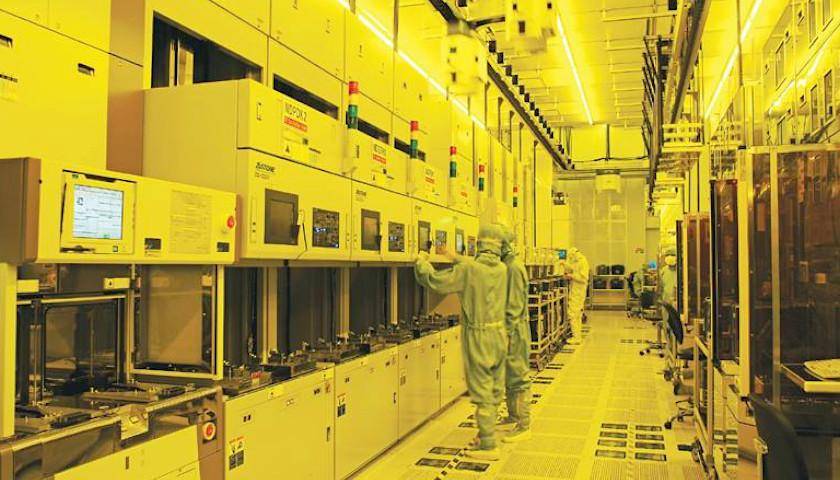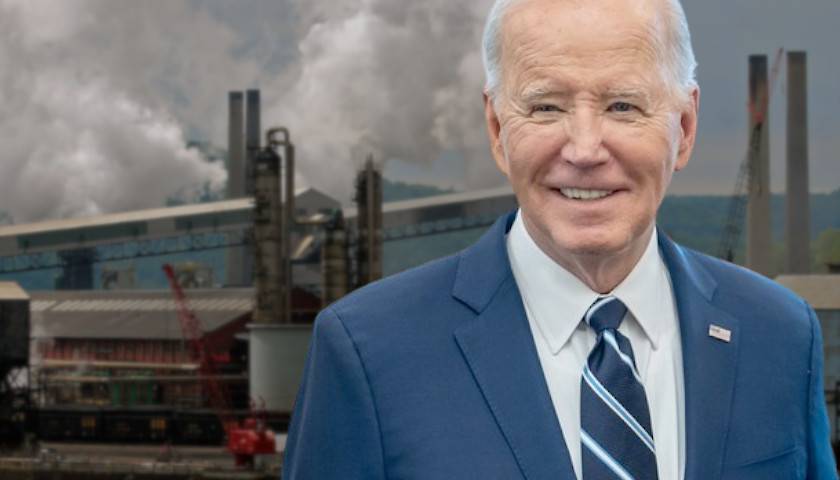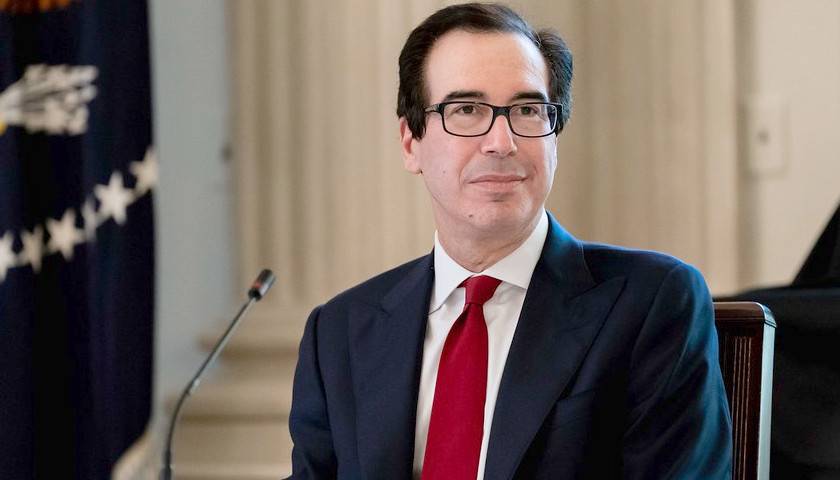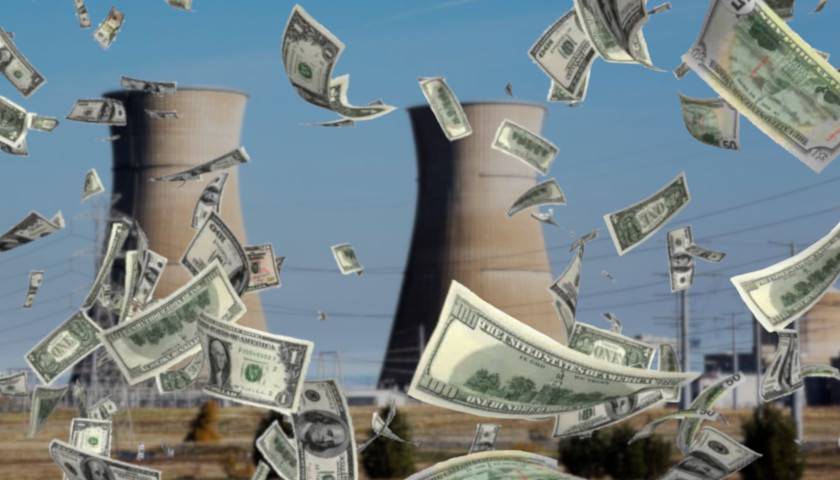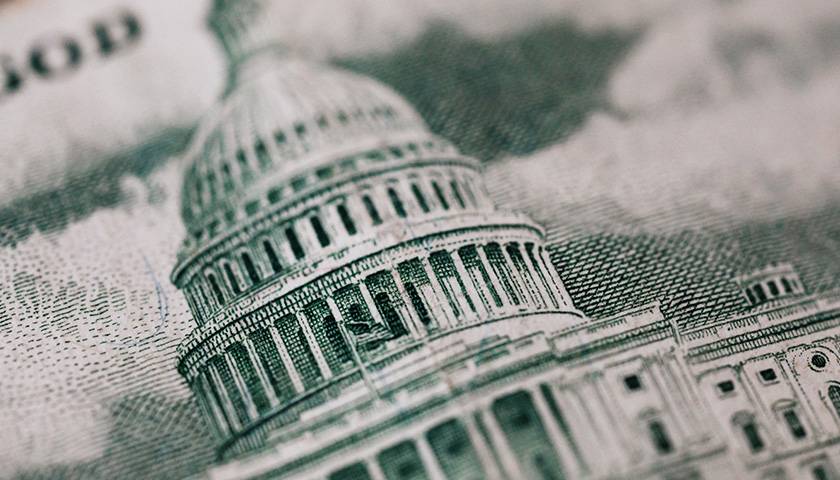A major Taiwanese chip manufacturer’s plan to build a key factory in the U.S. has been plagued with significant delays. Meanwhile, the chipmaker is on schedule to open a separate facility in Japan.
One of the plants Taiwan Semiconductor Manufacturing Company (TSMC) is building in Arizona has delayed manufacturing until 2027 or 2028 instead of 2026 because of uncertainty regarding funding it will receive from President Joe Biden’s administration, according to The New York Times. TSMC’s factory in Japan is on track to operate on schedule as the country’s government has helped the factory by committing billions in funding and assisting with assembling thousands of employees to build it, the WSJ reported.
Read More